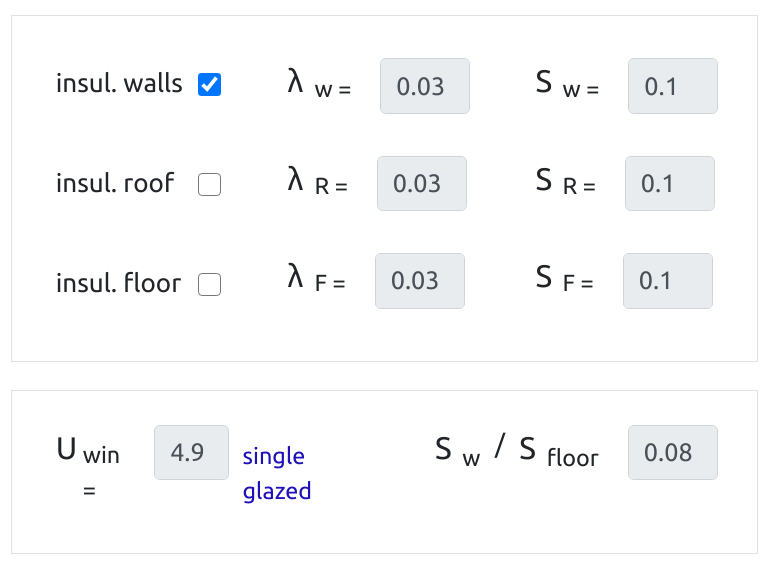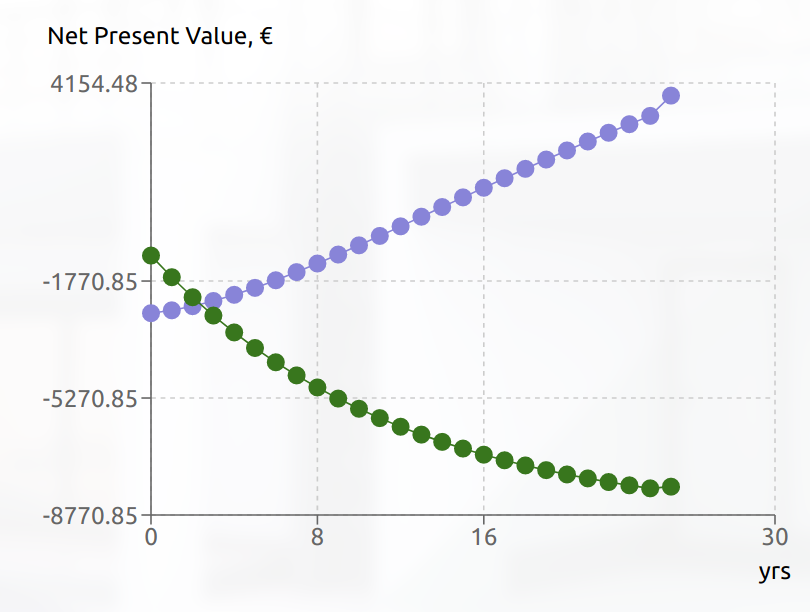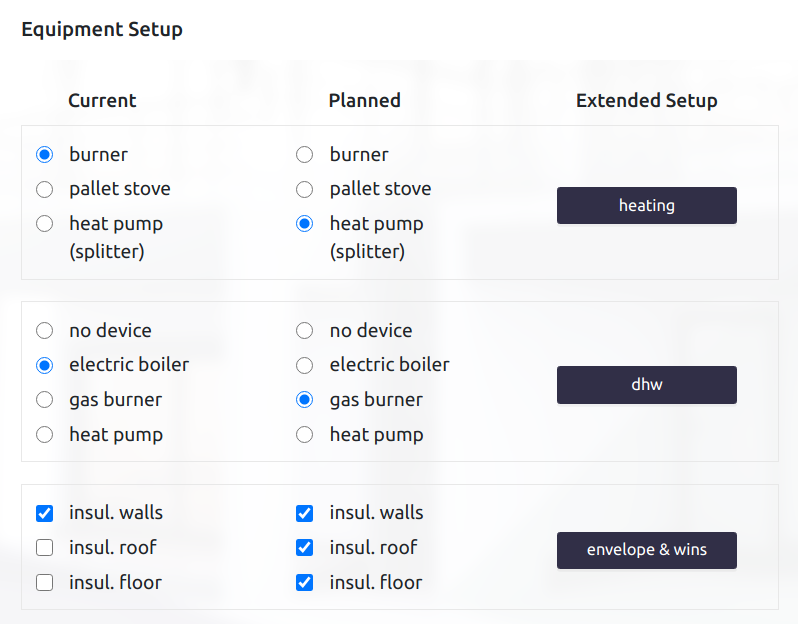Renonbill, a financing project supported by the European Union's Horizon 2020 programme, aimed to increase the renovation rate for energy-saving projects in Europe. However, the existing process for assessing the feasibility of renovation projects lacked efficiency and scalability. The reliance on an outdated Excel application hindered collaboration, limited user access, and lacked the modern interface necessary for effective data analysis. Extracting and integrating complex mathematical formulas from the legacy code into a more modern application posed a significant challenge. Additionally, ensuring accurate computations and optimizing performance were critical to enhancing the effectiveness of the application.
Check out the project information here:
renonbill.eu
cordis.europa.eu/project/id/847056
And the source code on our Github repo: github.com/codeise/renonbill
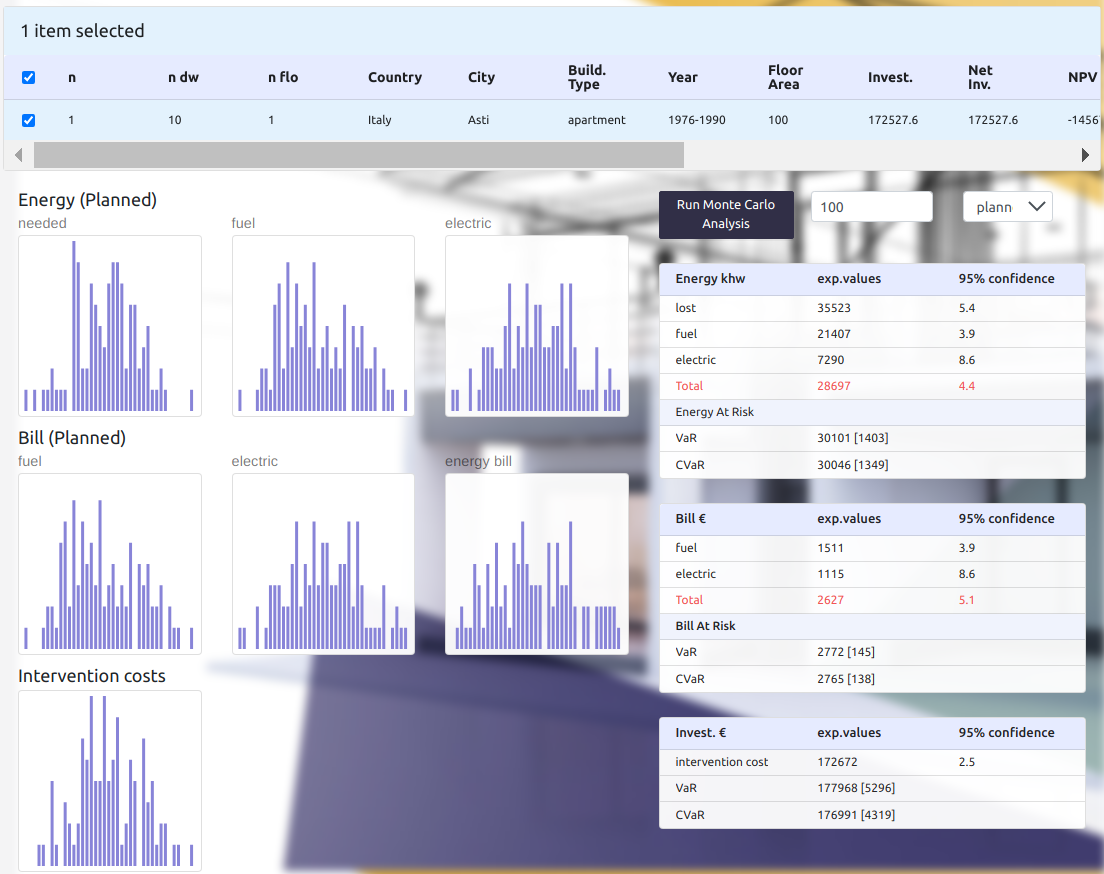
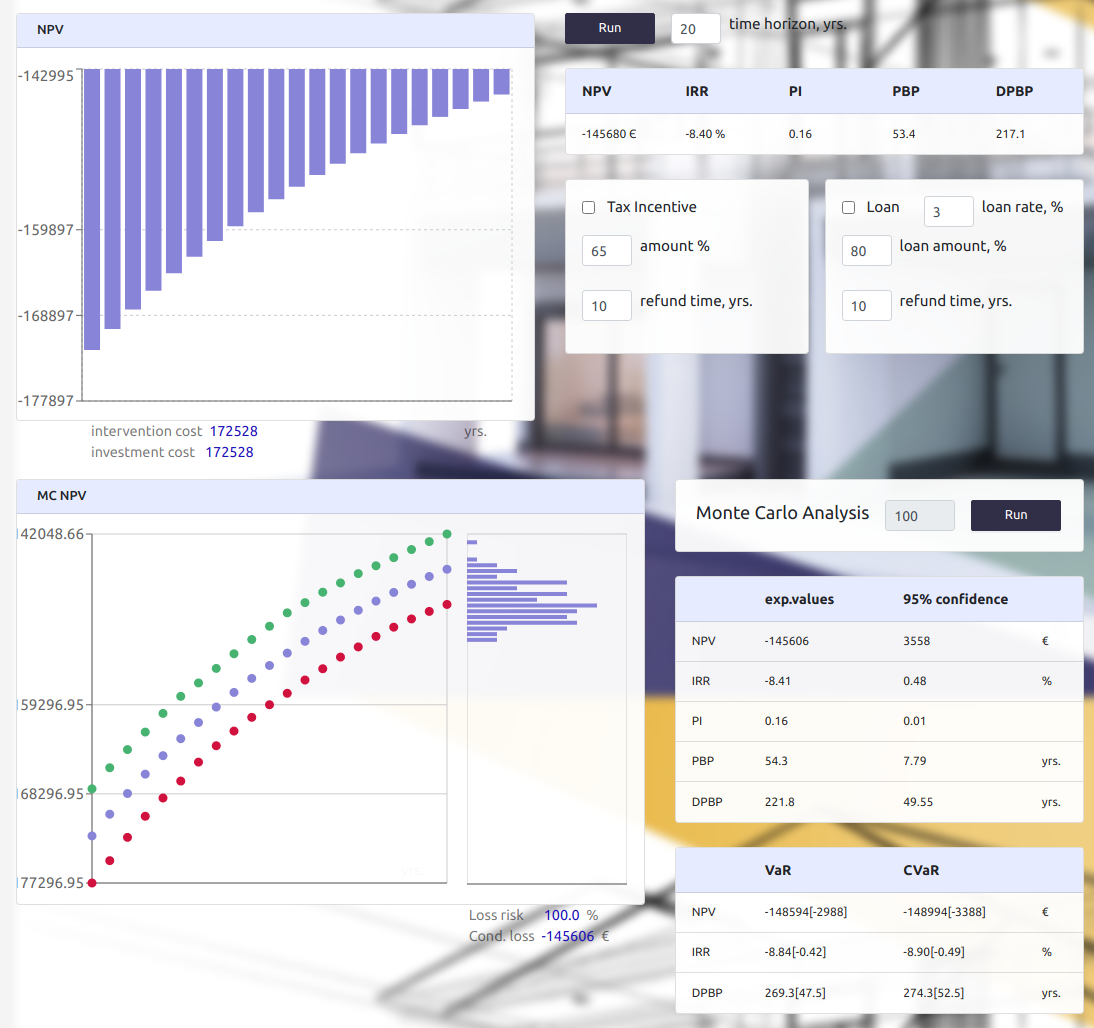
To address the challenges faced by the Renonbill project, we proposed a comprehensive solution to rewrite the existing Excel application into a modern, multi-user platform with advanced functionality. Leveraging our expertise in software development, we redesigned the application to incorporate multi-user capability, a modern graphical user interface (GUI), and a robust database backend. Our approach involved understanding the legacy code and extracting significant mathematical formulas critical to the application's functionality. We utilized Test-Driven Development (TDD) methodology to ensure accurate integration of computations into the new application. Additionally, we optimized the application to improve calculation speed and efficiency, resulting in faster performance. The frontend of the new application was built using ReactJS, providing an intuitive user interface, while the backend was developed with Python/Django, ensuring scalability and security. Overall, our solution provided Renonbill with a modern, feature-rich application capable of supporting its objectives to increase the renovation rate for energy-saving projects in Europe.
